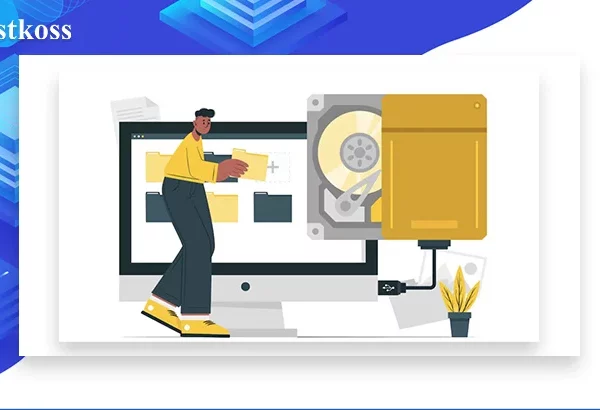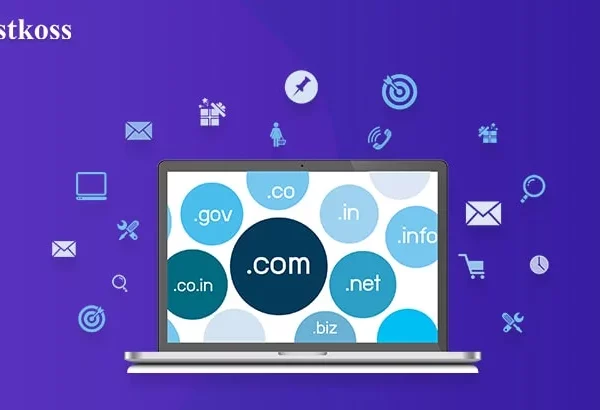Alias, is a domain that points to another domain or website. It is also referred to as a CNAME record. The purpose of an alias is to provide an alternate domain name for a website or to provide the same content at different URLs.
For example, if you own the domain “example.com“, you can also have an alias alias “www.example.com“. Buy a domain cheaply
In its simplest form, an alias can be used as a redirect URL for the original site. For example, if your company has moved to a new location and you want visitors to be able to access your old office from the new office, you can set up an alias with the old address and redirect to the new address.
A more complicated use of aliases can be when you use different domains for different purposes – one domain might have your main website, and another might have your blog or portfolio site, accessible only to people who have subscribed to your email list or logged in. to their account on your main site.
If you use an SSL certificate for your main domain and want to protect alias aliases, you will also need SSL certificates for the aliases.
If you want to see how it all works in practice, order hosting and get a domain name as a gift.
Real-World Scenarios
- Email Aliases: Employ disposable email aliases when signing up for online services or subscriptions, reducing inbox clutter and minimizing spam exposure.
- Social Media Aliases: Create pseudonymous profiles on social networking sites to interact with communities or express opinions without revealing real identities.
- Alias in Online Transactions: Utilize financial aliases in e-commerce transactions to safeguard sensitive banking information and prevent fraudulent activities.
FAQ Section
By substituting real names or identifiers with alternative pseudonyms, aliases shield personal information, reducing the risk of identity theft and unauthorized access.
While aliases offer privacy and security benefits, they can also be exploited for malicious activities such as cyberbullying or fraud. It’s essential to use aliases responsibly and ethically.
In most cases, aliases are legal and commonly used for privacy and security reasons. However, certain jurisdictions may have regulations regarding the use of aliases in specific contexts, such as financial transactions.
In some cases, diligent investigative work or advanced forensic techniques may uncover the real identities behind aliases. However, proper alias management and encryption can significantly mitigate this risk.
While aliases offer numerous benefits, they also pose certain challenges, such as difficulty in maintaining consistency across platforms and potential confusion in identity verification processes.
Yes, several tools and software solutions are available for alias management, offering features such as password encryption, alias rotation, and activity monitoring.



